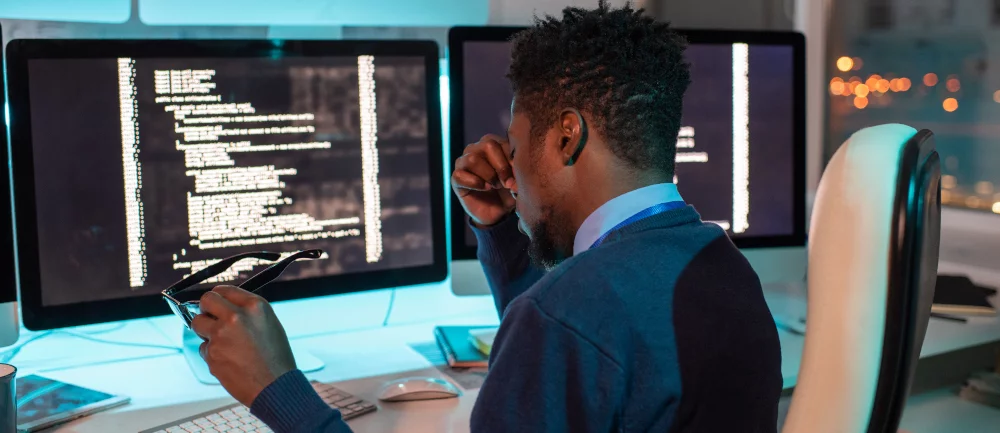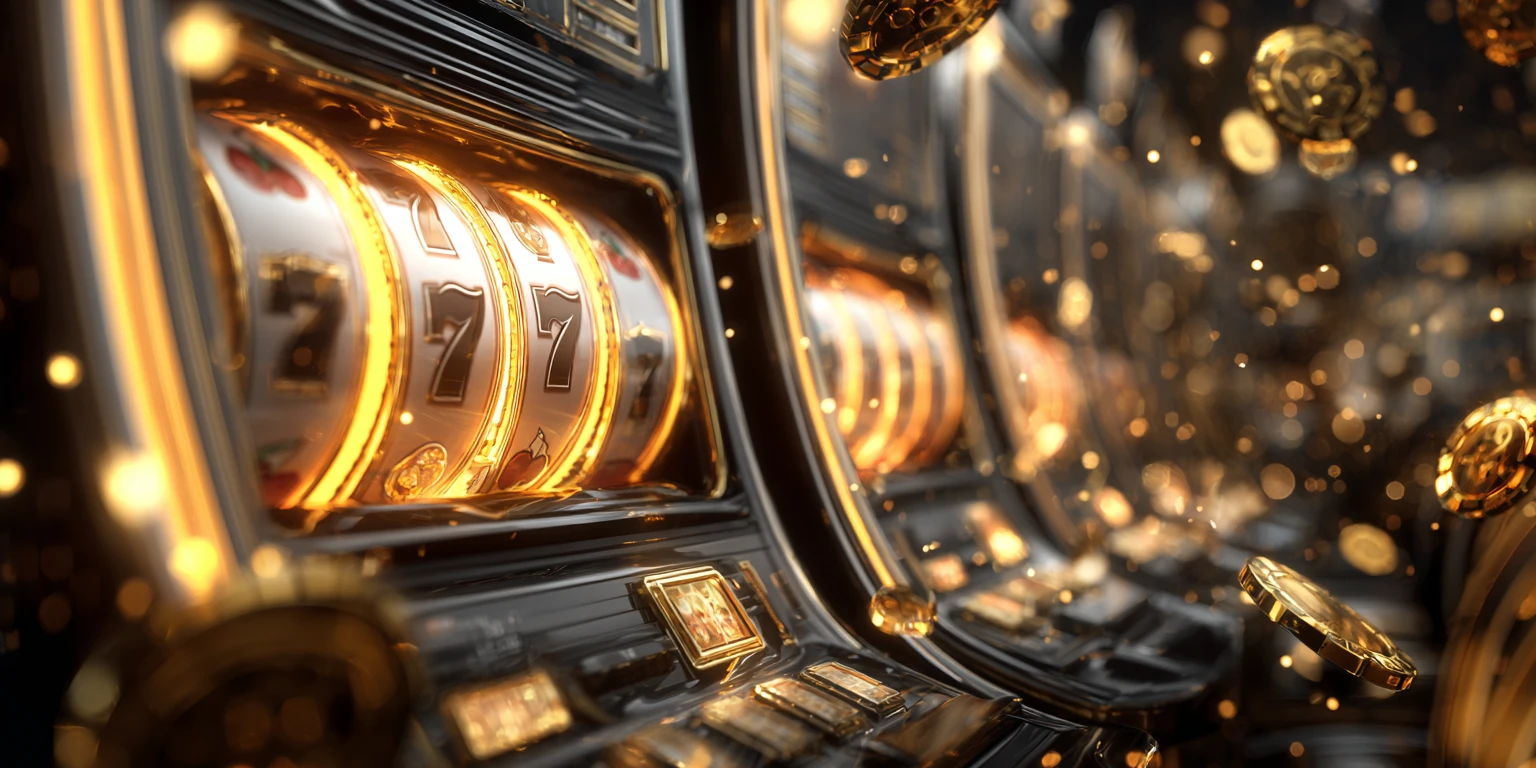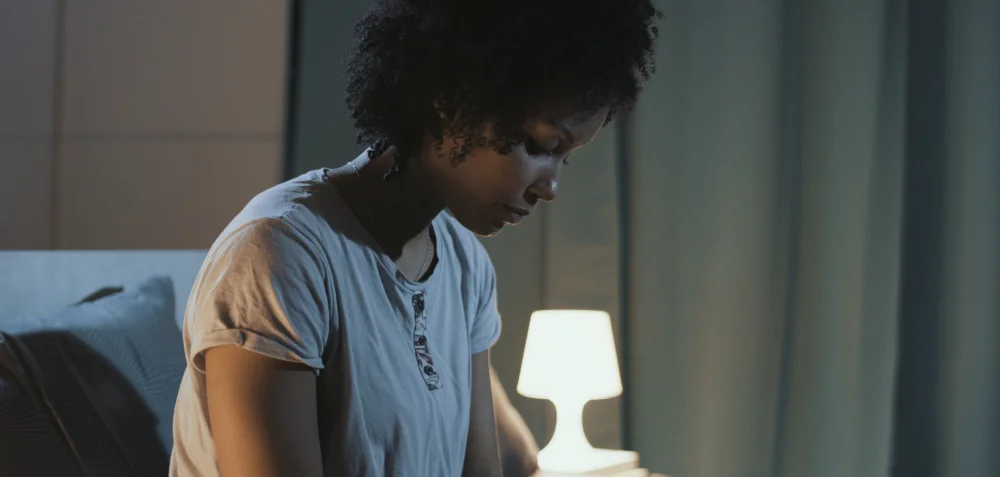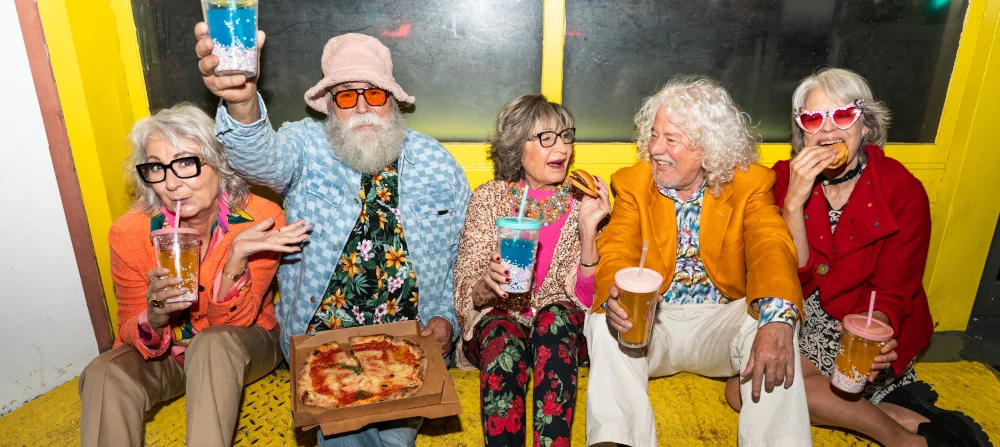
Every day, we take risks. Some are small and instinctive, choosing to overtake on a blind bend, double-tapping ‘Buy Now’ on a volatile crypto asset, or betting on the underdog team with one eye closed. Others are bigger, slower burns: starting a business, changing cities, trusting someone new. The strange part? We rarely see these decisions as bets. But that’s what they are. Humans have always flirted with risk. Long before stock markets and online sportsbooks, ancient societies wagered on dice, bones, and chance games. But risk-taking isn’t just a cultural relic, it’s biological. Our brains are built for it.
Dopamine, the chemical messenger often associated with pleasure, also spikes during uncertain outcomes. We don’t just like winning; we like the possibility of winning. This makes uncertain rewards, like a 90th-minute goal or a surprise crypto bounce, deeply compelling.
Evolutionarily, risk-takers helped push the species forward. They crossed rivers, hunted bigger prey, tried new paths. Not all survived, but those who did shaped our neural bias toward action over caution. One of the main psychological pulls behind gambling and speculative investing is the illusion of control. The sense that, with the right strategy or insight, you can beat the system.
In sports betting, punters study weather patterns, team formations, injury reports, convinced they can out-think the odds. Traders dive into charts and Reddit forums, decoding patterns in chaos. The reality? Most systems have randomness baked in. But the belief in control is what keeps us playing. There’s a reason people feel more invested when they pick their own lottery numbers.
Not all risk is created equal. Some people are wired for high-stakes action, others for incremental gains. But even cautious minds get caught in psychological traps. Take the sunk cost fallacy. It’s why we stay in losing trades, bad relationships, or cold roulette streaks. We’ve already invested something and walking away feels like defeat. So we double down. Behavioural economists call this a cognitive bias. Gamblers call it chasing losses. Either way, it clouds judgement.
Risk isn’t just about numbers. It’s about belonging. A lot of betting behaviour is social. Office pools, WhatsApp tips, pub predictions. Being right makes us look sharp. Being wrong, if everyone else is too, doesn’t sting as much. Shared risk creates bonding. There’s a camaraderie in the tension of waiting for a match to flip in extra time, or watching a stock tick green in unison with a group chat.
Even at physical venues like casinos, the environment fosters a shared narrative. In places like Goldrush, where EBT terminals buzz alongside the banter of regulars, risk becomes ritual. It’s not about recklessness; it’s about reading the room, playing the odds, and living the moment with intent.
 In some cases, risk becomes identity. The crypto maximalist who sold everything to stake a new token. The punter who always bets against the favourites. The entrepreneur who builds startups like test rockets. These aren’t just behaviours; they’re statements of self. An alignment between action and worldview. There’s something deeply human about defining yourself through what you’re willing to lose. It signals confidence, conviction, edge. None of this is to say risk-taking is always noble or strategic. It can spiral. For some, the dopamine loop becomes a trap. Chasing wins turns into avoiding losses. The excitement fades; the compulsion doesn’t.
In some cases, risk becomes identity. The crypto maximalist who sold everything to stake a new token. The punter who always bets against the favourites. The entrepreneur who builds startups like test rockets. These aren’t just behaviours; they’re statements of self. An alignment between action and worldview. There’s something deeply human about defining yourself through what you’re willing to lose. It signals confidence, conviction, edge. None of this is to say risk-taking is always noble or strategic. It can spiral. For some, the dopamine loop becomes a trap. Chasing wins turns into avoiding losses. The excitement fades; the compulsion doesn’t.
That’s where boundaries matter. Self-awareness. Knowing your own signals for when the game is no longer fun, but a burden. The best players know when to fold. Risk isn’t going away. It’s hard-coded into how we live, decide, and dream. The challenge isn’t to avoid it, but to understand it. To make peace with its volatility and learn how to ride its currents.
Whether it’s a strategic bet on your favourite team, a late-night session on an EBT machine at your local Goldrush Casino, or a leap into a new investment vehicle, the psychology behind the move is the same: we’re searching for a moment where we feel alive, alert, and a little bit dangerous.
We don’t gamble because we want to lose. We gamble because sometimes, against the odds, we believe we won’t. Understand your risks. Bet smart. Live sharper.







